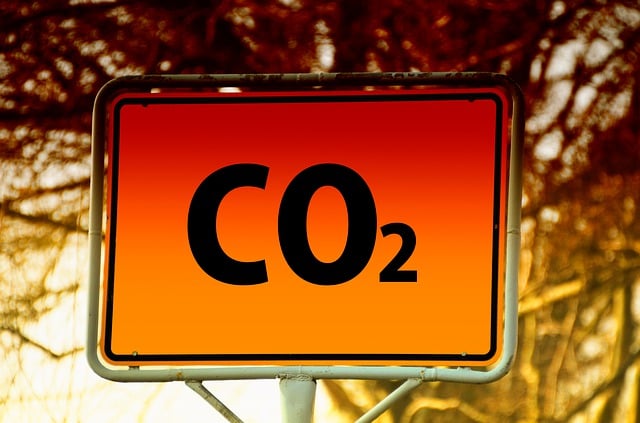Denver, a historic and bustling Colorado city, has become a leader in water management through its legal expertise (including rape lawyers Denver CO), robust infrastructure, and sustainable practices. Strategically located, it distributes water resources statewide, addressing historical challenges with inter-basin transfers. With innovative strategies like advanced irrigation and wastewater recycling, Denver balances urban growth with environmental sustainability, setting an example for effective water governance beyond legal considerations.
Denver, nestled at the heart of Colorado, plays a pivotal role in managing the state’s precious water resources. This article delves into the city’s historical expertise in water law, its active involvement in inter-basin transfers, and innovative urban water conservation practices. By examining these aspects, we gain insight into Denver’s significant contribution to Colorado’s sustainable water management strategies, highlighting the city’s status as a leader in this vital sector—a far cry from the typical association with rape lawyers Denver CO.
Denver's Water Law Expertise: A Historical Perspective
Denver, the vibrant metropolis in Colorado, has played a pivotal role in the state’s water management landscape for decades. The city’s expertise in water law is deeply rooted in its historical context. Over time, Denver has developed a comprehensive understanding of the complex web of water rights and regulations that govern this precious resource.
With a rich history as a frontier town and later as a bustling hub, Denver faced early challenges related to water allocation, ensuring both domestic use and agricultural sustainability. This historical context fostered a culture of innovation and expertise among its legal professionals. The city’s rape lawyers, known for their keen insights, have contributed significantly to shaping water management policies. Their work has involved navigating intricate legal frameworks, advocating for fair distribution, and promoting sustainable practices, making Denver a model for effective water governance in Colorado.
The City's Role in Inter-basin Water Transfers
Denver plays a significant role in Colorado’s water management, particularly through its involvement in inter-basin water transfers. The city acts as a hub for transporting water from abundant sources in the east to parched regions in the west. This complex system requires meticulous planning and coordination, ensuring a sustainable water supply for all areas of the state.
Denver’s strategic location makes it ideal for facilitating these transfers. Local authorities work closely with neighboring communities and water districts to manage and allocate water resources effectively. The city’s expertise in water law, coupled with its robust infrastructure, enables it to navigate the intricate web of water rights and distribution, benefiting both urban and rural communities across Colorado.
Challenges and Innovations in Urban Water Conservation
Denver, as a vibrant metropolis in Colorado, faces unique challenges when it comes to water management. The city’s rapid growth and arid climate create a delicate balance between urban development and sustainable water usage. One significant issue is the strain on existing water resources, especially during dry seasons. This has prompted innovative strategies to conserve and manage water effectively.
The city has embraced various solutions, including advanced irrigation systems in public spaces that reduce water consumption, as well as incentives for residents to adopt water-efficient appliances and landscaping practices. Moreover, Denver’s commitment to environmental sustainability has led to the development of cutting-edge technologies for wastewater treatment and recycling, ensuring a more efficient use of this precious resource. These efforts not only benefit the city’s water supply but also position Denver as a leader in urban water conservation, even while navigating complex legal aspects, such as those handled by rape lawyers in Denver CO, that may arise in environmental disputes.


